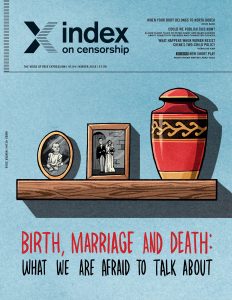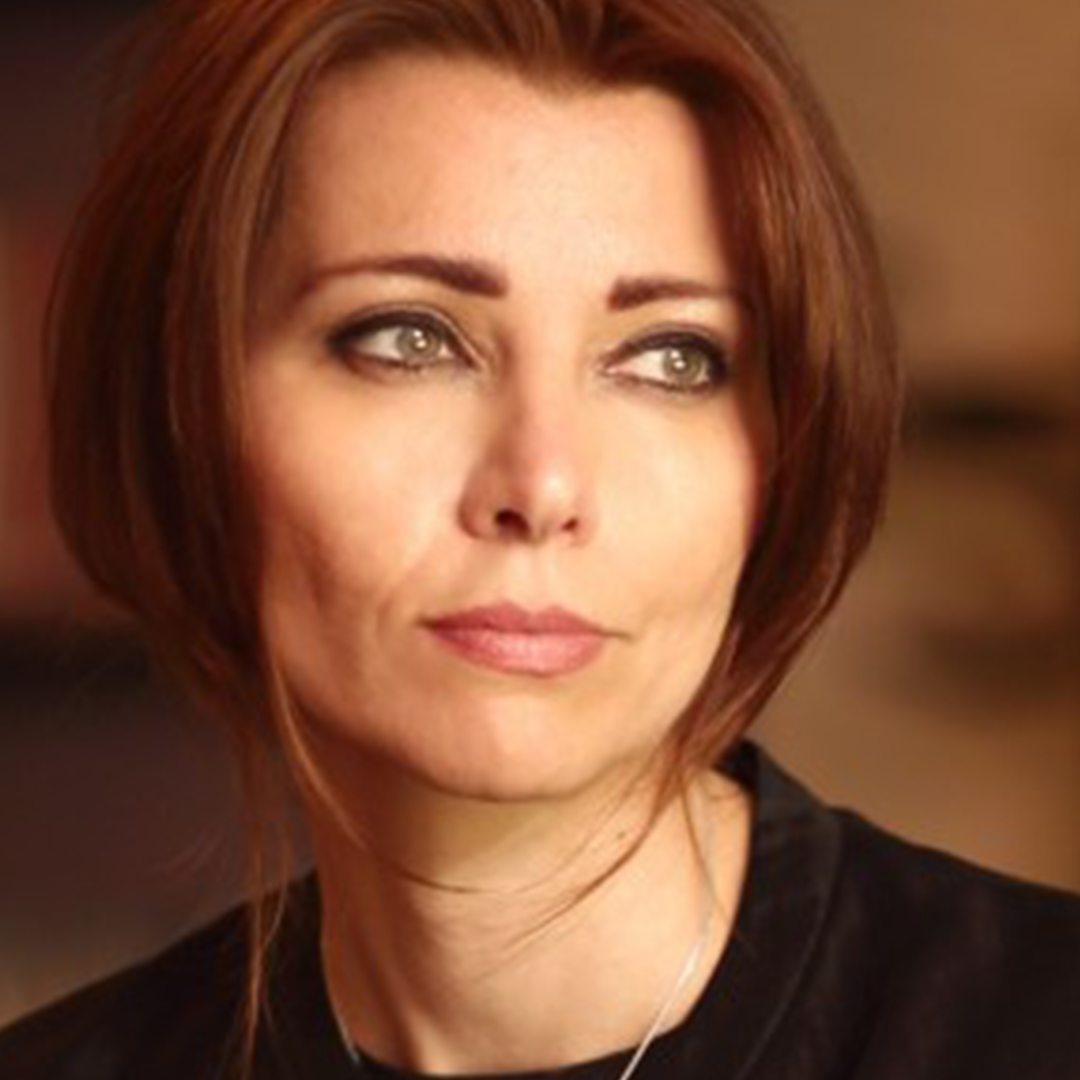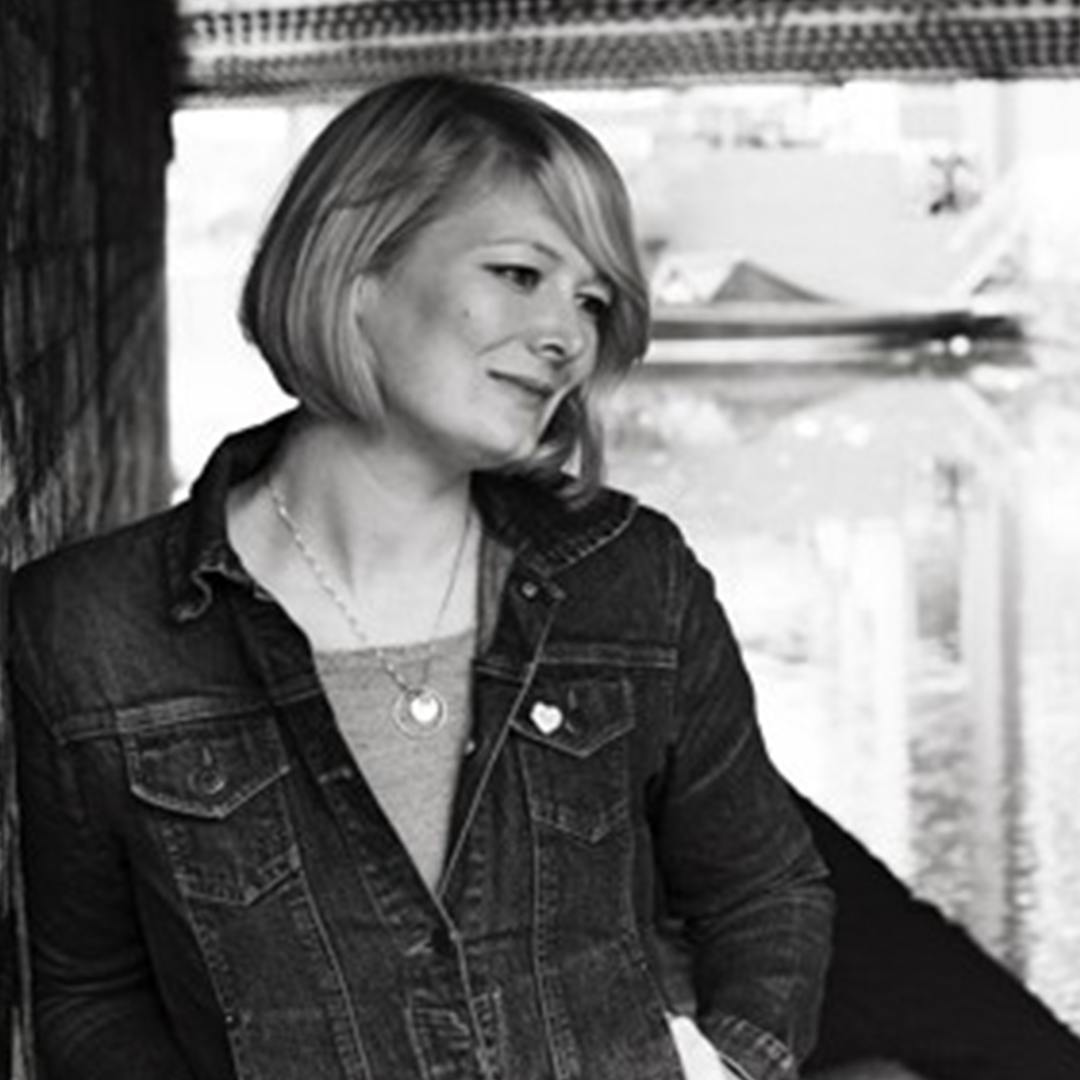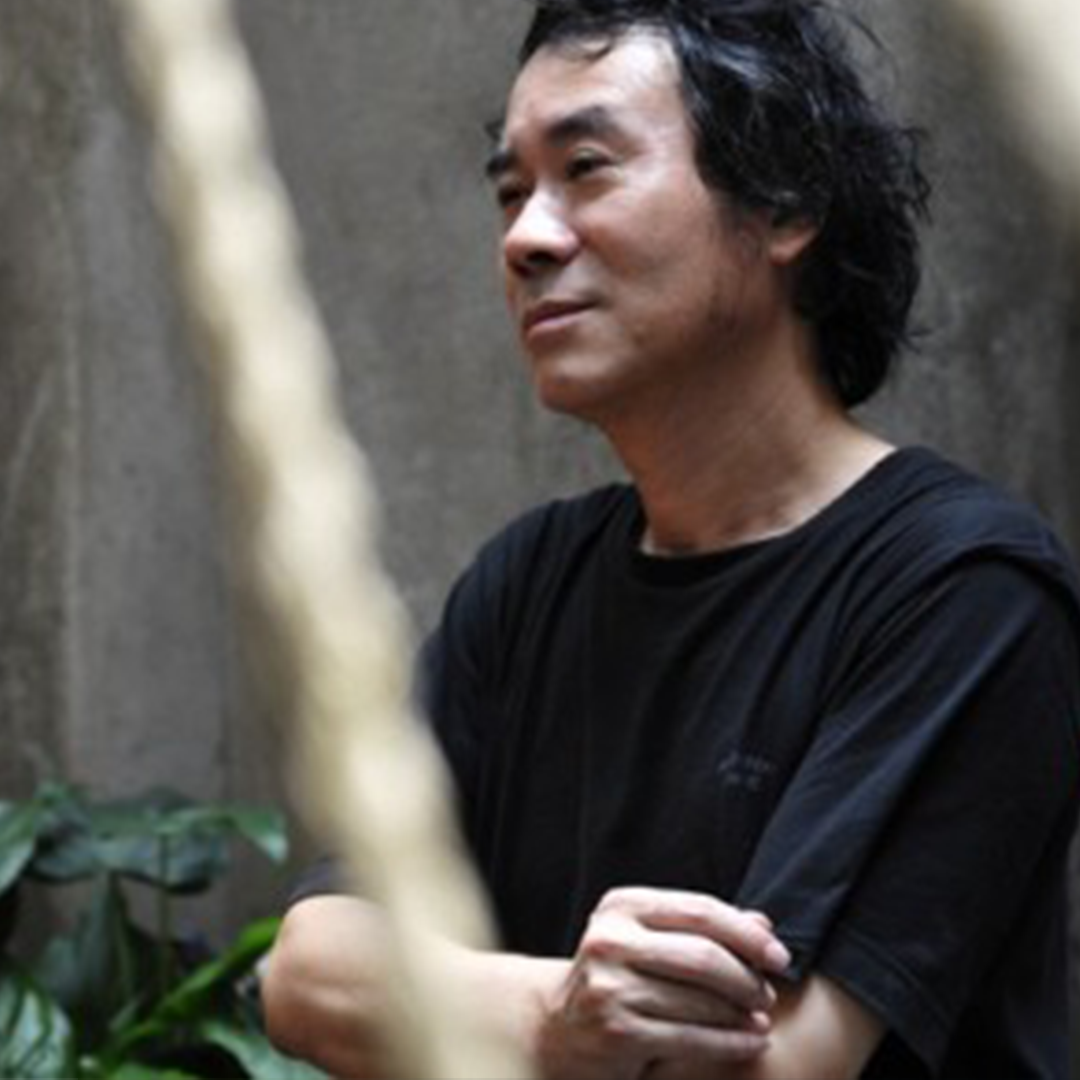12 Sep 2019 | Magazine, Magazine Contents, Volume 48.03 Autumn 2019
[vc_row][vc_column][vc_custom_heading text=”With contributions from Kerry Hudson, Chen Xiwo, Elif Shafak, Meera Selva, Steven Borowiec, Brian Patten and Dean Atta”][/vc_column][/vc_row][vc_row][vc_column][vc_column_text]

Border forces – how barriers to free thought got tough
The autumn 2019 Index on Censorship magazine looks at how borders are getting tougher, journalists are being stopped, visas refused and border officials are snooping into our social media profiles and personal messages. Nations are looking to surveil our thoughts before allowing us to come into their countries and so limiting freedom of expression and the free flow of ideas.
In this issue Steven Borowiec reports from South Korea about how the law means that you can be prosecuted for contacting your relatives in the north without permission; Meera Selva looks at how internet shutdowns are being used round the world to prevent people communicating, most recently in Kashmir; Mark Frary gives tips for LGBT people on how to protect themselves when crossing borders into countries where they might face discrimination. Charlotte Bailey and Jan Fox look at how it is getting tougher in the UK and USA for artists, writers and academics to get visas; and Kaya Genç digs into Turkey’s censorship of the internet. In the rest of the magazine, writers Emilie Pine, Elif Shafak and Kerry Hudson, and theatre director Nicholas Hytner reflect on past famous Index contributors, Václav Havel, Nadine Gordimer, Samuel Beckett and Arthur Miller. We have an extract of the script of the 1977 film Le Camion by Marguerite Duras which has never appeared in English before, and poems by taboo-breaking poet Dean Atta and the Liverpool Poet Brian Patten. We also have an extract of a story by censored Chinese writer Chen Xiwo about a mother and her daughter and their abusive relationship. Plus Index magazine’s first ever crossword by Herbashe.
[/vc_column_text][/vc_column][/vc_row][vc_row][vc_column][vc_custom_heading text=”Special Report: Border forces: how barriers to free thought got tough”][/vc_column][/vc_row][vc_row][vc_column][vc_column_text]Big brother at the border by Rachael Jolley
Switch off, we’re landing! by Kaya Genç Be prepared that if you visit Turkey online access is restricted
Culture can “challenge” disinformation by Irene Caselli Migrants trying to cross the Mediterranean to Europe are often seen as statistics, but artists are trying to tell stories to change that
Lines of duty by Laura Silvia Battaglia It’s tough for journalists to visit Yemen, our reporter talks about how she does it
Locking the gates by Jan Fox Writers, artists, academics and musicians are self-censoring as they worry about getting visas to go to the USA
Reaching for the off switch by Meera Selva Internet shutdowns are growing as nations seek to control public access to information
Hiding your true self by Mark Frary LGBT people face particular discrimination at some international borders
They shall not pass by Stephen Woodman Journalists and activists crossing between Mexico and the USA are being systematically targeted, sometimes sent back by officials using people trafficking laws
“UK border policy damages credibility” by Charlotte Bailey Festival directors say the UK border policy is forcing artists to stop visiting
Ten tips for a safe crossing by Ela Stapley Our digital security expert gives advice on how to keep your information secure at borders
Export laws by Ryan Gallagher China is selling on surveillance technology to the rest of the world
At the world’s toughest border by Steven Borowiec South Koreans face prison for keeping in touch with their North Korean family
Stripsearch by Martin Rowson Bees and herbaceous borders
Inside the silent zone by Silvia Nortes Journalists are being stopped from reporting the disputed north African Western Sahara region
The great news wall of China by Karoline Kan China is spinning its version of the Hong Kong protests to control the news
Kenya: who is watching you? by Wana Udobang Kenyan journalist Catherine Gicheru is worried her country knows everything about her
Top ten states closing their doors to ideas by Mark Frary We look at countries which seek to stop ideas circulating[/vc_column_text][/vc_column][/vc_row][vc_row disable_element=”yes”][vc_column][vc_custom_heading text=”Global View”][vc_column_text]Small victories do count by Jodie Ginsberg The kind of individual support Index gives people living under oppressive regimes is a vital step towards wider change[/vc_column_text][/vc_column][/vc_row][vc_row][vc_column][vc_custom_heading text=”In Focus”][vc_column_text]Germany’s surveillance fears by Cathrin Schaer Thirty years on from the fall of the Berlin wall and the disbanding of the Stasi, Germans worry about who is watching them
Freestyle portraits by Rachael Jolley Cartoonists Kanika Mishra from India, Pedro X Molina from Nicaragua and China’s Badiucao put threats to free expression into pictures
Tackling news stories that journalists aren’t writing by Alison Flood Crime writers Scott Turow, Val McDermid, Massimo Carlotto and Ahmet Altan talk about how the inspiration for their fiction comes from real life stories
Mosul’s new chapter by Omar Mohammed What do students think about the new books arriving at Mosul library, after Isis destroyed the previous building and collection?
The [REDACTED] crossword by Herbashe The first ever Index crossword based on a theme central to the magazine
Cries from the last century and lessons for today by Sally Gimson Nadine Gordimer, Václav Havel, Samuel Beckett and Arthur Miller all wrote for Index. We asked modern day writers Elif Shafak, Kerry Hudson and Emilie Pine plus theatre director Nicholas Hytner why the writing is still relevant
In memory of Andrew Graham-Yooll by Rachael Jolley Remembering the former Index editor who risked his life to report from Argentina during the worst years of the dictatorship[/vc_column_text][/vc_column][/vc_row][vc_row][vc_column][vc_custom_heading text=”Culture”][vc_column_text]Backed into a corner by love by Chen Xiwo A newly translated story by censored Chinese writer about the abusive relationship between a mother and daughter plus an interview with the author
On the road by Marguerite Duras The first English translation of an extract from the screenplay of the 1977 film Le Camion by one of the greatest French writers of the 20th century
Muting young voices by Brian Patten Two poems, one written exclusively for Index, about how the exam culture in schools can destroy creativity by the Liverpool Poet
Finding poetry in trauma by Dean Atta Male rape is still a taboo subject, but very little is off-limits for this award-winning writer from London who has written an exclusive poem for Index[/vc_column_text][/vc_column][/vc_row][vc_row][vc_column][vc_custom_heading text=”Column”][vc_column_text]Index around the world: Tales of the unexpected by Sally Gimson and Lewis Jennings Index has started a new media monitoring project and has been telling folk stories at this summer’s festivals[/vc_column_text][/vc_column][/vc_row][vc_row][vc_column][vc_custom_heading text=”Endnote”][vc_column_text]Endnote: Macho politics drive academic closures by Sally Gimson Academics who teach gender studies are losing their jobs and their funding as populist leaders attack “gender ideology”[/vc_column_text][/vc_column][/vc_row][vc_row][vc_column width=”1/3″][vc_custom_heading text=”Subscribe”][vc_column_text]In print, online, in your mailbox, on your iPad.
Subscription options from £18 or just £1.49 in the App Store for a digital issue.
Every subscriber helps support Index on Censorship’s projects around the world.
 SUBSCRIBE NOW[/vc_column_text][/vc_column][vc_column width=”1/3″][vc_custom_heading text=”Read”][vc_column_text]The playwright Arthur Miller wrote an essay for Index in 1978 entitled The Sin of Power. We reproduce it for the first time on our website and theatre director Nicholas Hytner responds to it in the magazine
SUBSCRIBE NOW[/vc_column_text][/vc_column][vc_column width=”1/3″][vc_custom_heading text=”Read”][vc_column_text]The playwright Arthur Miller wrote an essay for Index in 1978 entitled The Sin of Power. We reproduce it for the first time on our website and theatre director Nicholas Hytner responds to it in the magazine
READ HERE[/vc_column_text][/vc_column][vc_column width=”1/3″][vc_custom_heading text=”Listen”][vc_column_text]In the Index on Censorship autumn 2019 podcast, we focus on how travel restrictions at borders are limiting the flow of free thought and ideas. Lewis Jennings and Sally Gimson talk to trans woman and activist Peppermint; San Diego photojournalist Ariana Drehsler and Index’s South Korean correspondent Steven Borowiec
LISTEN HERE[/vc_column_text][/vc_column][/vc_row]
12 Sep 2019 | Magazine, Magazine Editions, Volume 48.03 Autumn 2019
Novelist
Elif Shafak is an award-winning Turkish novelist and advocate for free expression. Her latest novel 10 Minutes 38 Seconds in This Strange World has been long-listed for the Booker Prize.
Novelist
The award-winning novelist Kerry Hudson’s memoir Lowborn captured the imagination of the British public this year because of her vivid description of her dysfunctional family and growing up in poverty in the UK.
Writer
Chen Xiwo is a censored Chinese author, most famous for his collection of stories The Book of Sins which was published in English in 2014. His controversial novella I Love My Mum remains banned in China
10 Sep 2019 | Mexico, News and features, North Korea, South Korea, United Kingdom, United States, Volume 48.03 Autumn 2019
In the Index on Censorship autumn 2019 podcast, we focus on how travel restrictions at borders are limiting the flow of free thought and ideas. Lewis Jennings and Sally Gimson discuss the latest issue of the magazine and reveal what to expect. Guests include trans woman and activist Peppermint, runner-up of RuPaul’s Drag Race season nine, who opens up about a transphobic experience in a Russian airport; San Diego photojournalist Ariana Drehsler talks about her detainment at a Mexican border and how this compares to a similar situation that happened in Egypt; and Steven Borowiec, a regular contributor to the magazine based in South Korea, discusses the laws surrounding the toughest border in the world.
Print copies of the magazine are available on Amazon, or you can take out a digital subscription via Exact Editions. Copies are also available at the BFI, the Serpetine Gallery and MagCulture (all London), News from Nowhere (Liverpool). Red Lion Books (Colchester) and Home (Manchester). Each magazine sale helps Index on Censorship continue its fight for free expression worldwide.
The autumn 2019 podcast can also be found on iTunes.
17 Dec 2018 | Magazine, News and features, Volume 47.04 Winter 2018
[vc_row][vc_column][vc_custom_heading text=”Vital moments during our lifetimes are complicated by taboos about what we can and can’t talk about, and we end up making the wrong decisions just because we don’t get the full picture, says Rachael Jolley in the winter 2018 issue of Index on Censorship magazine” google_fonts=”font_family:Libre%20Baskerville%3Aregular%2Citalic%2C700|font_style:400%20italic%3A400%3Aitalic”][vc_column_text]

Birth, Marriage and Death, the winter 2018 issue of Index on Censorship magazine.
Birth, marriage and death–these are key staging posts. And that’s one reason why this issue looks at how taboos around these subjects have a critical impact on our world.
Sadly, there are still many of us who feel we can’t talk about problems openly at these times. Societal pressure to conform can be a powerful element in this and can help to create stultifying silences that frighten us into not being able to speak.
Being unable to discuss something that has a major and often complex impact on you or your family can lead to ignorance, fear and terrible decisions.
Not knowing about information or medical advice can also mean exposing people to illness and even death.
The Australian Museum sees death as the last taboo, but it also traces where those ideas have come from and how we are sometimes more shy to talk about subjects now than we were in the past.
The Sydney-based museum’s research considers how different cultures have disposed of the dead throughout history and where the concepts of cemeteries and burials have come from.
For instance, in Ancient Rome, only those of very high status were buried within the city walls, while the Ancient Greeks buried their dead within their homes.
The word “cemetery” derives from the Greek and Roman words for “sleeping chamber”, according to the Australian Museum, which suggests that although cremation was used by the Romans, it fell out of favour in western Europe for many centuries, partly because those of the Christian faith felt that setting fire to a body might interfere with chances of an afterlife.
Taboos about death continue to restrict speech (and actions) all around the world. In a six-part series on Chinese attitudes to death, the online magazine Sixth Tone revealed how, in China, people will pay extra not to have the number “4” in their mobile telephone number because the word sounds like the Mandarin word for “death”.
It also explores why Chinese families don’t talk about death and funerals, or even write wills.
In Britain, research by the charity Macmillan Cancer Support found just over a third of the people they surveyed had thoughts or feelings about death that they hadn’t shared with anyone. Fears about death concerned 84% of respondents, and one in seven people surveyed opted out of answering the questions about death.
These taboos, especially around death and illness, can stop people asking for help or finding support in times of crisis.
Mental health campaigner Alastair Campbell wrote in our winter 2015 issue that when he was growing up, no one ever spoke about cancer or admitted to having it.
It felt like it would bring shame to any family that admitted having it, he remembered. Campbell said that he felt times had moved on and that in Britain, where he lives, there was more openness about cancer these days, although people still struggle to talk about mental health.
Hospice director Elise Hoadley tells one of our writers, Tracey Bagshaw, for her article on the rise of death cafes (p14), that British people used to be better at talking about death because they saw it up close and personal. For instance, during the Victorian period it would be far more typical to have an open coffin in a home, where family or friends could visit the dead person before a funeral. And vicar Laura Baker says of 2018: “When someone dies we are all at sea. We don’t know what to do.”
In a powerful piece for this issue (p8), Moscow-based journalist Daria Litvinova reports on a campaigning movement in Russia to expose obstetric abuse, with hundreds of women’s stories being published. One obstacle to get these stories out is that Russian women are not expected to talk about the troubles they encounter during childbirth. As one interviewee tells Litvinova: “And generally, giving birth, just like anything else related to women’s physiology, is a taboo subject.” Russian maternity hospitals remain institutions where women often feel isolated, and some do not even allow relatives to visit. “We either talk about the beauty of a woman’s body or don’t talk about it at all,” said one Russian.
Elsewhere, Asian-American women talk to US editor Jan Fox (p27) about why they are afraid to speak to their parents and families about anything to do with sex; how they don’t admit to having partners; and how they worry that the climate of fear will get worse with new legislation being introduced in the USA.
As we go to press, not only are there moves to introduce a “gag rule” – which would mean removing funding from clinics that either discuss or offer abortion – but in the state of Ohio, lawmakers are discussing House Bill 565, which would make abortions illegal even if pregnancies arise from rape or incest or which risk the life of the mother. These new laws are likely to make women more worried than before about talking to professionals about abortion or contraception.
Don’t miss our special investigation from Honduras, where the bodies of young people are being discovered on a regular basis but their killers are not being convicted. Index’s 2018 journalism fellow Wendy Funes reports on p24.
We also look at the taboos around birth and marriage in other parts of the world. Wana Udobang reports from Nigeria (p45), where obstetrician Abosede Lewu tells her how the stigma around Caesarean births still exists in Nigeria, and how some women try to pretend they don’t happen — even if they have had the operation themselves. “In our environment, having a C-section is still seen as a form of weakness due to the combination of religion and culture.”
Meanwhile, there’s a fascinating piece from China about how its new two-child policy means women are being pressurised to have more children, even if they don’t want them — a great irony when, only a decade ago, if women had a second child they had to pay.
[/vc_column_text][vc_row_inner][vc_column_inner width=”1/4″][vc_icon icon_fontawesome=”fa fa-quote-left” color=”custom” size=”xl” align=”right” custom_color=”#dd3333″][/vc_column_inner][vc_column_inner width=”3/4″][vc_custom_heading text=”Taboos, especially around death and illness, can stop people asking for help or finding support in times of crisis” font_container=”tag:h3|text_align:left” google_fonts=”font_family:Libre%20Baskerville%3Aregular%2Citalic%2C700|font_style:400%20italic%3A400%3Aitalic”][/vc_column_inner][/vc_row_inner][vc_column_text]
In other matters, I have just returned from the annual Eurozine conference of cultural journals, this year held in Vienna. It was interesting to hear about a study into the role of this specific type of publication. Research carried out by Stefan Baack, Tamara Witschge and Tamilla Ziyatdinova at the University of Groningen, in the Netherlands, is looking at what long-form cultural journalism does and what it achieves.
The research is continuing, but the first part of the research has shown that this style of magazine or journal stimulates creative communities of artists and authors, as well as creating debates and exchanges across different fields of knowledge. Witschge, presenting the research to the assembled editors, said these publications (often published quarterly) have developed a special niche that exists between the news media and academic publishing, allowing them to cover issues in more depth than other media, with elements of reflection.
She added that in some countries cultural journals were also compensating for the “shortcomings and limitations of other media genres”. Ziyatdinova also spoke of the myth of the “short attention span”.
At a time when editors and analysts continue to debate the future of periodicals in various forms, this study was heartening. It suggests that there still is an audience for what they describe as “cultural journals” such as ours – magazines that are produced on a regular, but not daily basis which aim to analyse as well as report what is going on around the world. Lionel Barber, the editor of the Financial Times newspaper, spoke of his vision of the media’s future at the James Cameron Memorial Lecture at London’s City University in November. As well as arguing that algorithms were not going to take over, he said he was convinced that print had a future. He said: “I still believe in the value and future of print: the smart, edited snapshot of the news, with intelligent analysis and authoritative commentary.”
His belief in magazines as an item that will continue to be in demand, if they offer something different from something readers have already consumed, was made clear: “Magazines, which also count as print – are they going to just disappear? No. Look at The Spectator, look at the sales of Private Eye.”
The vibrancy of the magazine world was also clear at this year’s British Society of Magazine Editors awards in London, with hundreds of titles represented. Jeremy Leslie, the owner of the wonderful Magculture shop in London (which stocks Index on Censorship) received a special award for his commitment to print. This innovative shop stocks only magazines, not books, and has carved out a niche for itself close to London’s City University. Well done to Jeremy. Index was also shortlisted for the specialist editor of the year award, so we are celebrating as well.
We hope you will continue to show your commitment to this particular magazine, in print or in our beautiful digital version, and think of buying gift subscriptions for your friends at this holiday time (check out https://shop.exacteditions.com/index-on-censorship for a digital subscription from anywhere in the world). We appreciate your support this year, and every year, and may you have a happy 2019.
[/vc_column_text][/vc_column][/vc_row][vc_row][vc_column][vc_column_text]
Rachael Jolley is editor of Index on Censorship. She tweets @londoninsider. This article is part of the latest edition of Index on Censorship magazine, with its special report on Birth, Marriage and Death.
Index on Censorship’s winter 2018 issue is Birth, Marriage and Death, What are we afraid to talk about? We explore these taboos in the issue.
Look out for the new edition in bookshops, and don’t miss our Index on Censorship podcast, with special guests, on Soundcloud.
[/vc_column_text][/vc_column][/vc_row][vc_row][vc_column width=”1/3″][vc_custom_heading text=”Birth, Marriage and Death” font_container=”tag:h3|text_align:left” link=”url:https%3A%2F%2Fwww.indexoncensorship.org%2F2018%2F12%2Fbirth-marriage-death%2F|||”][vc_column_text]The winter 2018 issue of Index on Censorship magazine explores taboos surrounding birth, marriage and death. What are we afraid to talk about?
With: Liwaa Yazji, Karoline Kan, Jieun Baek[/vc_column_text][/vc_column][vc_column width=”1/3″][vc_row_inner][vc_column_inner][vc_single_image image=”104225″ img_size=”full” onclick=”custom_link” link=”https://www.indexoncensorship.org/2018/12/birth-marriage-death/”][/vc_column_inner][/vc_row_inner][/vc_column][vc_column width=”1/3″][vc_custom_heading text=”Subscribe” font_container=”tag:h3|text_align:left”][vc_row_inner][vc_column_inner][vc_column_text]In print, online. In your mailbox, on your iPad.
Subscription options from £18 or just £1.49 in the App Store for a digital issue.
Every subscriber helps support Index on Censorship’s projects around the world.
 SUBSCRIBE NOW[/vc_column_text][/vc_column_inner][/vc_row_inner][/vc_column][/vc_row]
SUBSCRIBE NOW[/vc_column_text][/vc_column_inner][/vc_row_inner][/vc_column][/vc_row]

![]() SUBSCRIBE NOW[/vc_column_text][/vc_column][vc_column width=”1/3″][vc_custom_heading text=”Read”][vc_column_text]The playwright Arthur Miller wrote an essay for Index in 1978 entitled The Sin of Power. We reproduce it for the first time on our website and theatre director Nicholas Hytner responds to it in the magazine
SUBSCRIBE NOW[/vc_column_text][/vc_column][vc_column width=”1/3″][vc_custom_heading text=”Read”][vc_column_text]The playwright Arthur Miller wrote an essay for Index in 1978 entitled The Sin of Power. We reproduce it for the first time on our website and theatre director Nicholas Hytner responds to it in the magazine



